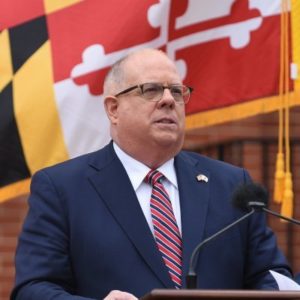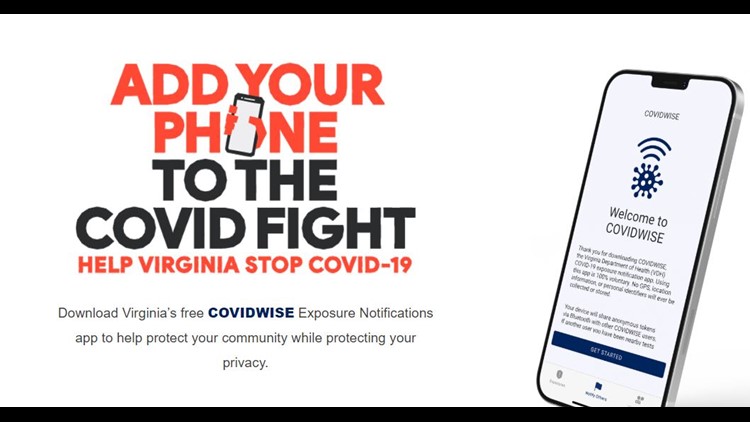
The governors of six states, including Republicans and Democrats, have formed an interstate compact to negotiate the purchase of 3 million COVID-19 antigen tests.
Maryland, Louisiana, Massachusetts, Michigan, Ohio and Virginia arranged the compact with the Rockefeller Foundation. They currently are in discussions with manufacturers Becton Dickinson and Quidel to purchase 500,000 tests per state, Maryland Gov. Larry Hogan announced Monday. North Carolina has announced its intent to join as well.
“With severe shortages and delays in testing and the federal administration attempting to cut funding for testing, the states are banding together to acquire millions of faster tests to help save lives and slow the spread of COVID-19,” Hogan said.
“The states are leading America’s national response to COVID-19,” added Virginia’s governor, Ralph Northam. “We are bringing together this bipartisan, multi-state coalition to combine our purchasing power and get rapid testing supplies to our communities as quickly as possible.”
The federal government has promised to deliver rapid antigen test equipment to qualified U.S. nursing homes, but will include only enough test kits for a couple rounds of testing, according to officials. The Centers for Medicare & Medicaid Services has said that it will require facilities in some hot spots to test weekly.
In other pandemic news:
Virginia becomes first state to try COVID-19 warning app: Virginia will be the first state to encourage the use of Apple and Google’s Covidwise contact tracing smartphone application, according to the Associated Press. The free app shares anonymous “tokens” via wireless bluetooth technology, warning users when they’ve been near another user who has tested positive for COVID-19 within the last 14 days.

Voluntarily reported positive test results will be verified by the state, which will then issue individuals a pin number attached to their test information for security, the AP reported. Canada and some European countries are using similar app warning systems.




